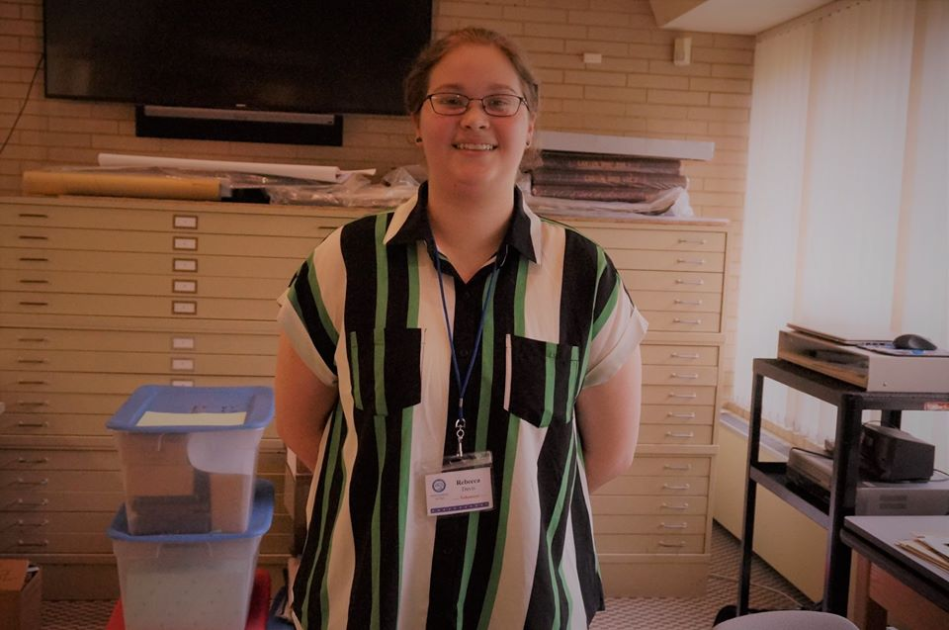COVID-19 has caused revolutionary changes to everyone’s lifestyles, even more so for immunocompromised individuals.
Rebecca Davis, junior history major, is one of those people. Davis is diagnosed with autoimmune urticaria (hives), where skin becomes raised, itchy, and inflamed.

In the case of an autoimmune disease, the body’s immune system mistakenly attacks some of the healthy, domestic cells instead of foreign germs, inadvertently causing the symptoms of the disease.
“There are a lot more symptoms than just what is happening on my skin,” Davis said. “Think rheumatoid arthritis.”
Some of the symptoms of rheumatoid arthritis include painful sensations in the joints, stiff muscular movement, and trouble walking. In Davis’ case, this could be caused by the antibodies being produced within her that are attacking healthy skin and muscle cells.
While also being asthmatic, Davis’ doctor informed her that she would be at a much higher risk of catching the virus and struggling to fight it off. This info has led her family to make strict changes to their daily life.
Her mother sanitizes all of the groceries in the garage before bringing them into the house, and no one except for immediate family is allowed to enter the household.
“Before the pandemic I finally had my disease under control,” Davis said. “I take a ton of medication and use very specific skin products. Everything I needed was really easy to come by.”
Now that supplies have flown off the shelves and demand has increased, finding the proper medication has been challenging for Davis and many people just like her. Davis believes that people’s disregard for the severity of the virus has made things harder as well.
“People’s carelessness scares me,” Davis said. “The fact that there are college students that still went on spring break baffles me. Everyone who doesn’t think the virus is a big deal puts others at risk.”
In the midst of all the tribulations, Davis touched on some of the positives that have come out of this situation.
“I think some good has come from this. People I know are finally understanding that certain choices they make can have dire consequences,” Davis said. “My healthy friends are putting in effort to flatten the curve and help others like me.”
Davis hopes that everyone is taking away something valuable from this experience and are learning to empathize with those around them.
“I want everyone to know that just because something may not affect you, doesn’t mean that it isn’t serious to someone else,” Davis said. “I don’t like to make a big deal of my disease, most people have no idea because it isn’t always visible. Not all diseases are outwardly visible, but it doesn’t mean they aren’t there.”
Kathryn Poe, senior creative writing major, is another immunocompromised student. Two years ago, she received a bone marrow transplant for an autoimmune disorder. For her, the pandemic hasn’t been that much of an adjustment.

Before the pandemic, Poe’s day-to-day life already consisted of wearing a mask in public and sanitizing her surroundings. She’s also taken many online courses in the past.
“In reality, my life hasn’t really changed much,” Poe said. “I’ve completed a lot of degrees online and under stressful circumstances. This really is my everyday life.”
As the pandemic continues on, people are getting filled with more uncertainties. Poe commented on this.
“I want people to know that what they’re feeling is normal and that the adjustment to this kind of lifestyle takes a different form for everyone,” Poe said. “Things might not go back to being the same, but sometimes that’s okay.”


